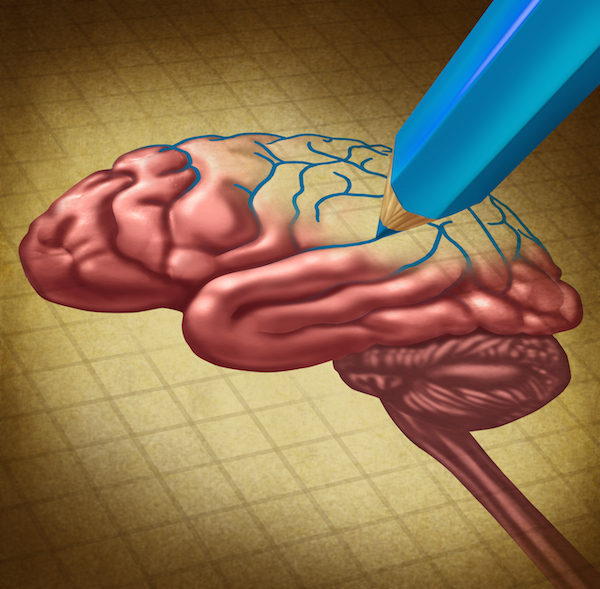
MONDAY, April 15 (HealthDay News) — Specific symptoms influence the age at which children are diagnosed with autism, according to a new study.
Children who displayed only seven of 12 recognized autism symptoms were diagnosed more than four years later on average than kids with all 12 symptoms, researchers found.
“When it comes to the timing of autism identification, the symptoms actually matter quite a bit,” study lead author Matthew Maenner, of the University of Wisconsin, Madison, said in a university news release.
“Early diagnosis is one of the major public-health goals related to autism,” Maenner said. “The earlier you can identify that a child might be having problems, the sooner they can receive support to help them succeed and reach their potential.”
The research team looked at the medical records of more than 2,700 children with autism at age 8 and found a significant connection between age of diagnosis and how many symptoms were displayed.
The median age at diagnosis (the age at which half the children were diagnosed) was 8.2 years for children with seven symptoms and 3.8 years for those with all 12 symptoms.
Certain symptoms also played an important role. Children with repetitive movements, inflexibility in routines and impairments in nonverbal communication and imaginary play were more likely to be diagnosed at a younger age.
Children who had problems with speech, conversation and interaction with other children were more likely to be diagnosed at a later age, according to the study, which was published in the April issue of the Journal of the American Academy of Child and Adolescent Psychiatry.
Research suggests that autism can be reliably diagnosed by age 2, but this study found that fewer than half of children with autism are diagnosed by age 5.
Autism is a complex neurodevelopmental disorder that affects as many as 1 in 88 U.S. children, according to the U.S. Centers for Disease Control and Prevention.
More information
The U.S. National Institute of Neurological Disorders and Stroke has more about autism.

